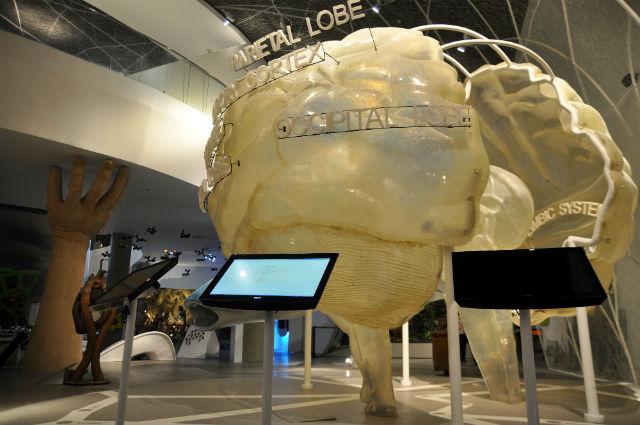For some, mild slips of memory may be very early Alzheimer’s

For some, mild slips of memory may be very early Alzheimer’s
October 17, 2021
For years, doctors have dismissed patients’ worries about mild slips of memory as a normal part of aging. Now, as the focus in Alzheimer’s research moves toward early diagnosis, researchers are looking for ways to tell whether some of these “senior moments” are an early sign of the disease.
The idea is so new that scientists can’t even agree on what to call these memory complaints among people who are still cognitively normal.
But experts gathered at the Alzheimer’s Association International Conference in Boston say evidence is growing that it may be possible to couple certain patterns of memory lapses with genetic markers or changes in the brain and spinal fluid to better predict which individuals are displaying the earliest symptoms of Alzheimer’s.
Finding people who are just beginning to develop the disease is important as companies struggle to find treatments that can prevent or delay the disease. In the past 12 months, several high-profile clinical trials testing drugs in people with mild to moderate Alzheimer’s failed to show a benefit. Scientists believe that may be because the drugs are being tried too late, when the disease has already killed off too many brain cells.
Last week, Eli Lilly and Co announced it will start a new clinical trial of its experimental Alzheimer’s drug solanezumab focusing only on patients with mild signs of the disease, after two late-stage studies of the treatment in people with more advanced disease failed to show a benefit.
Dean Hartley, director of science initiatives at the Alzheimer’s Association, said scientists are just beginning to quantify whether anecdotal reports of memory loss have any bearing on whether a person ultimately develops dementia.
The difficulty is that many things can cause temporary memory slips, including sleeplessness, depression, stress and some medications. “The question is which ones are indicative of underlying pathological changes,” he said.






